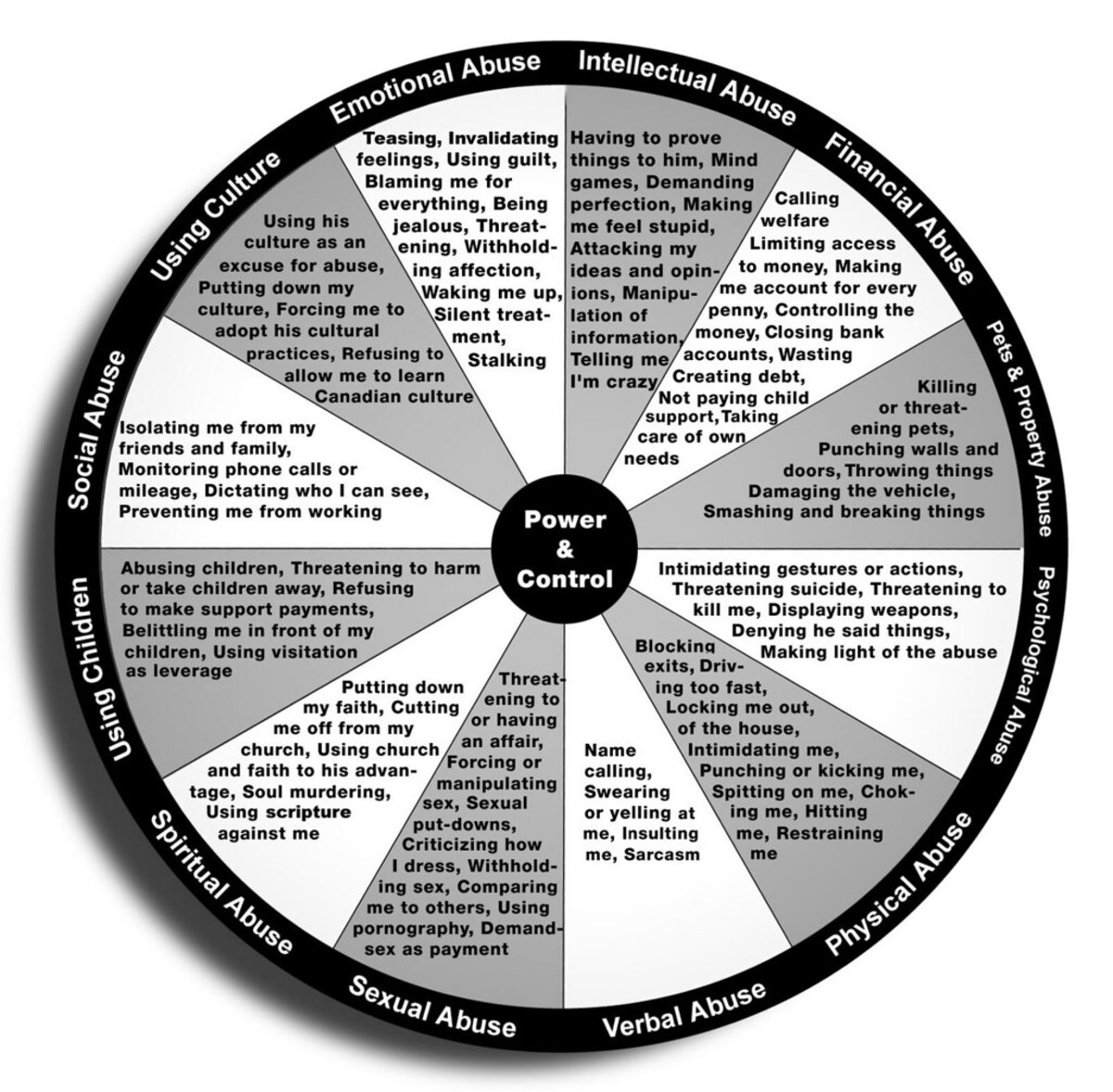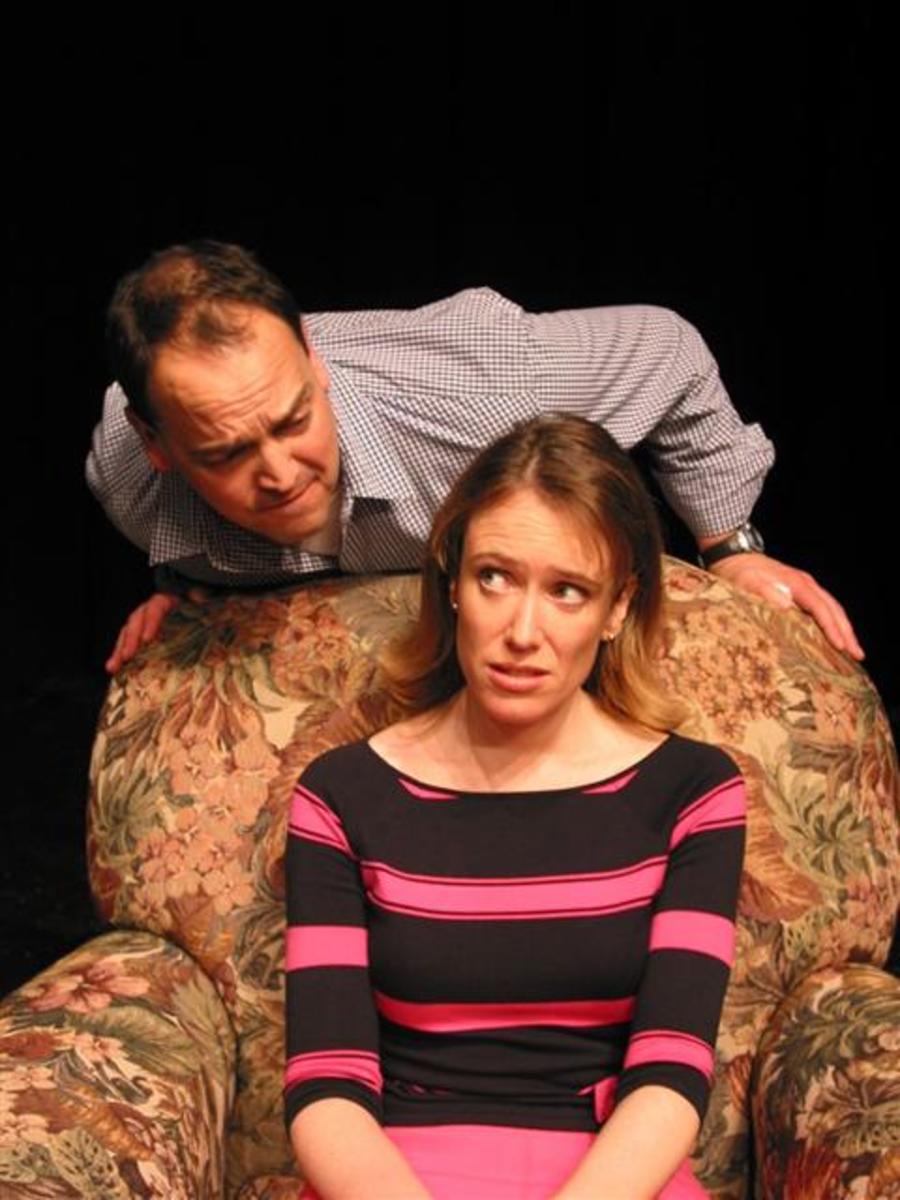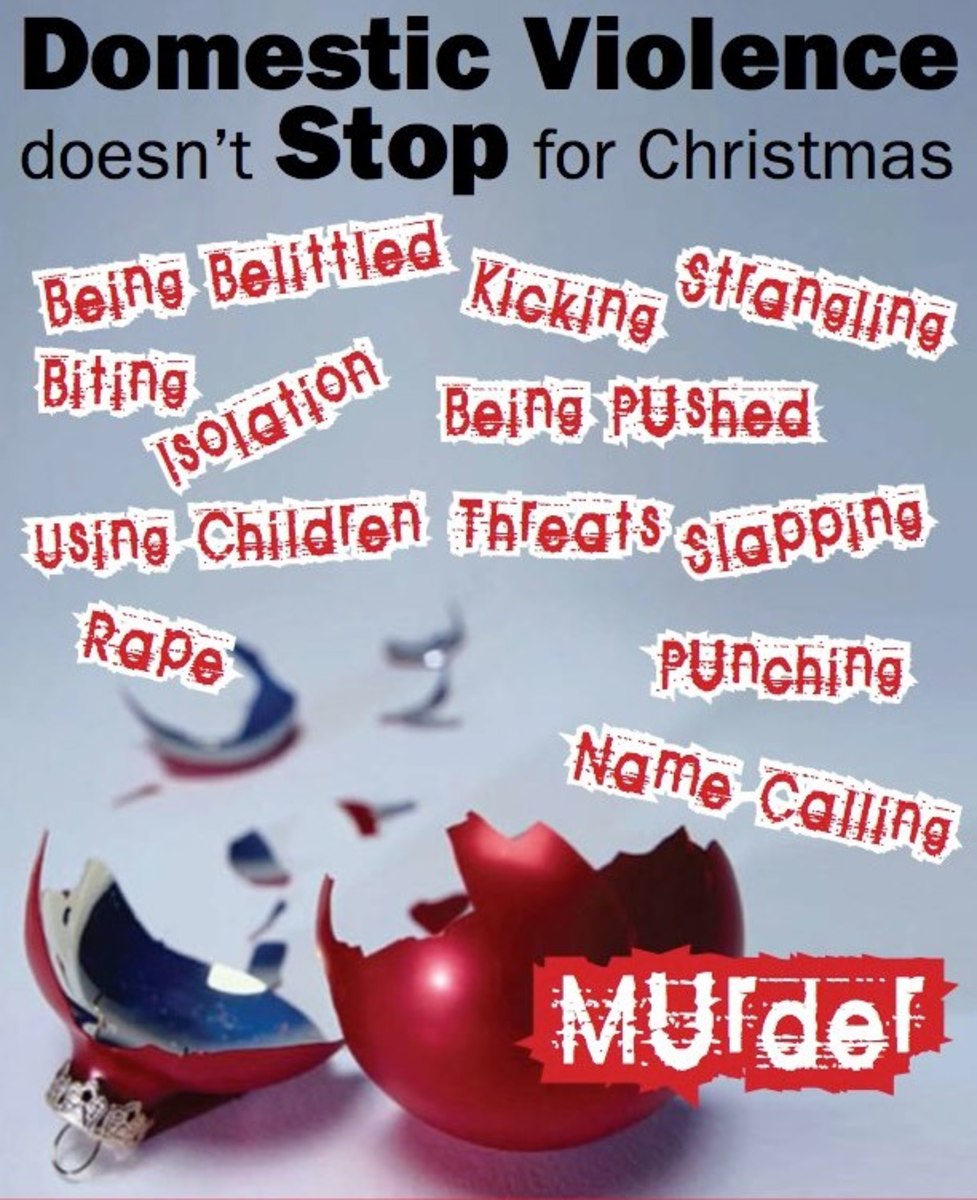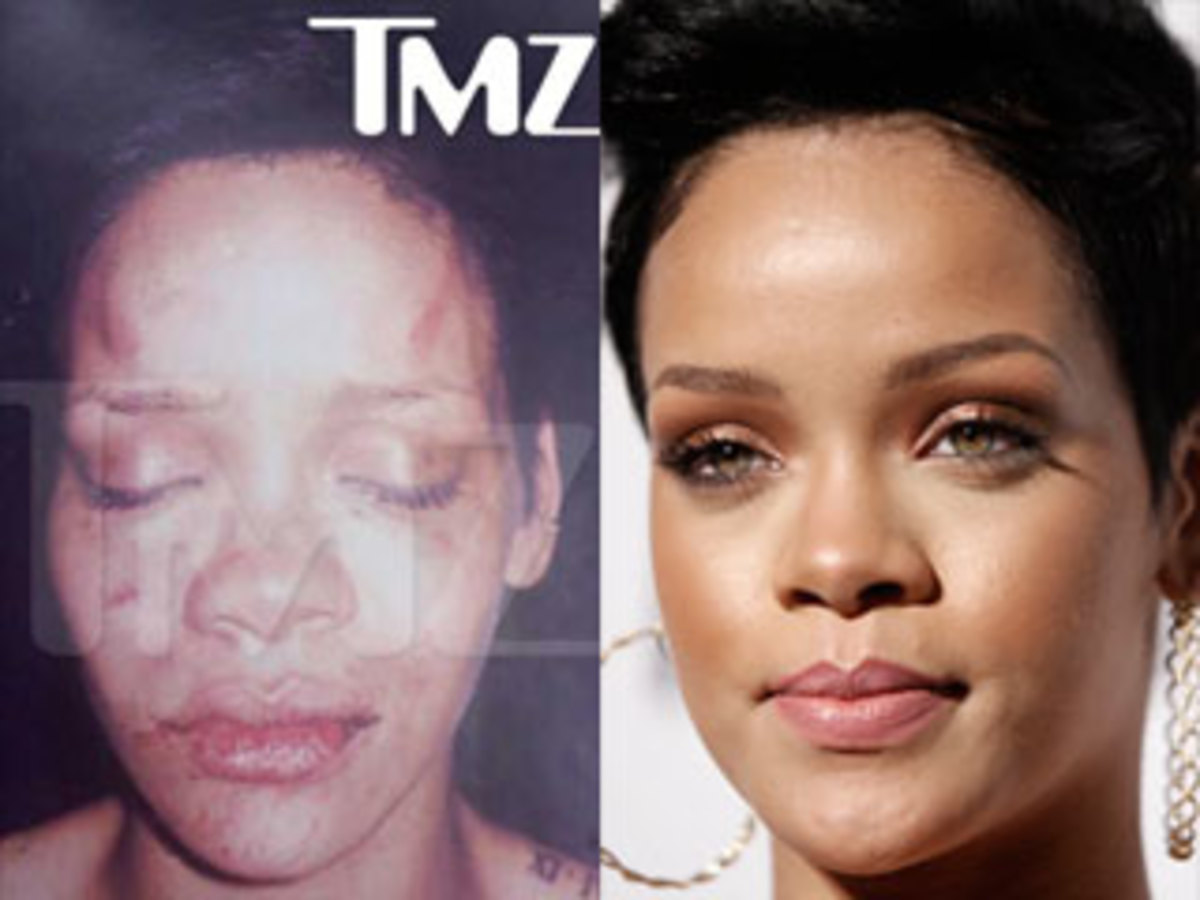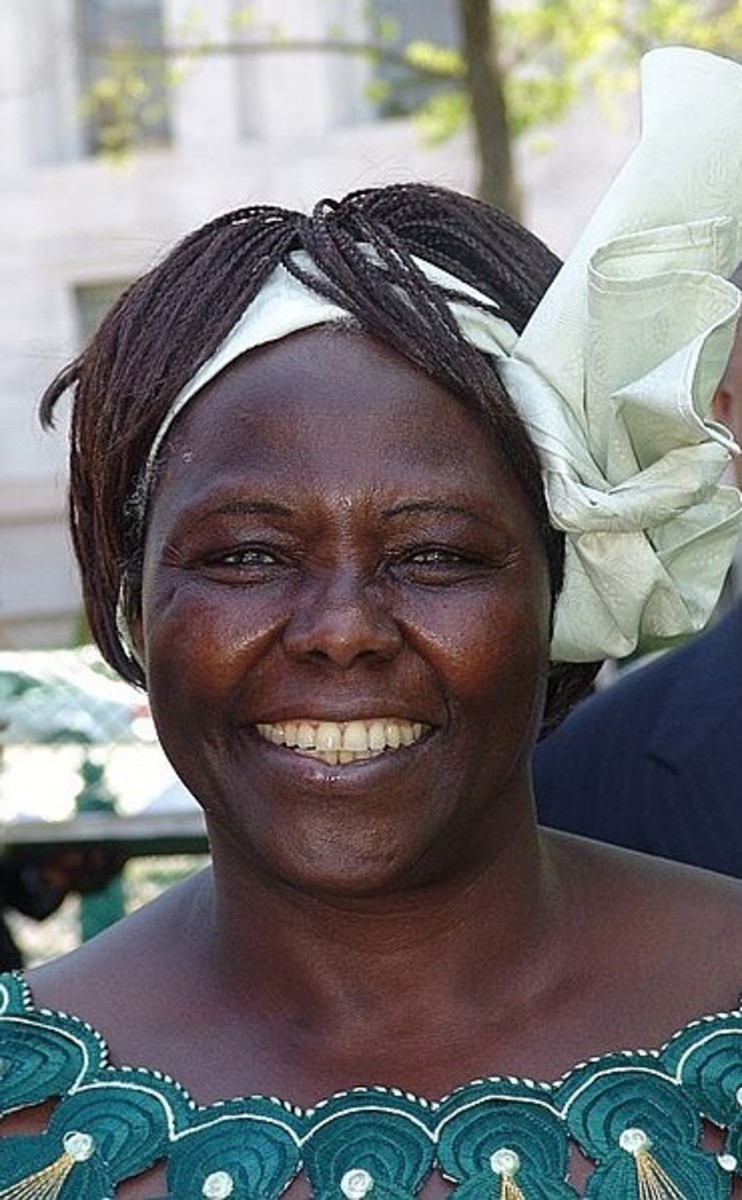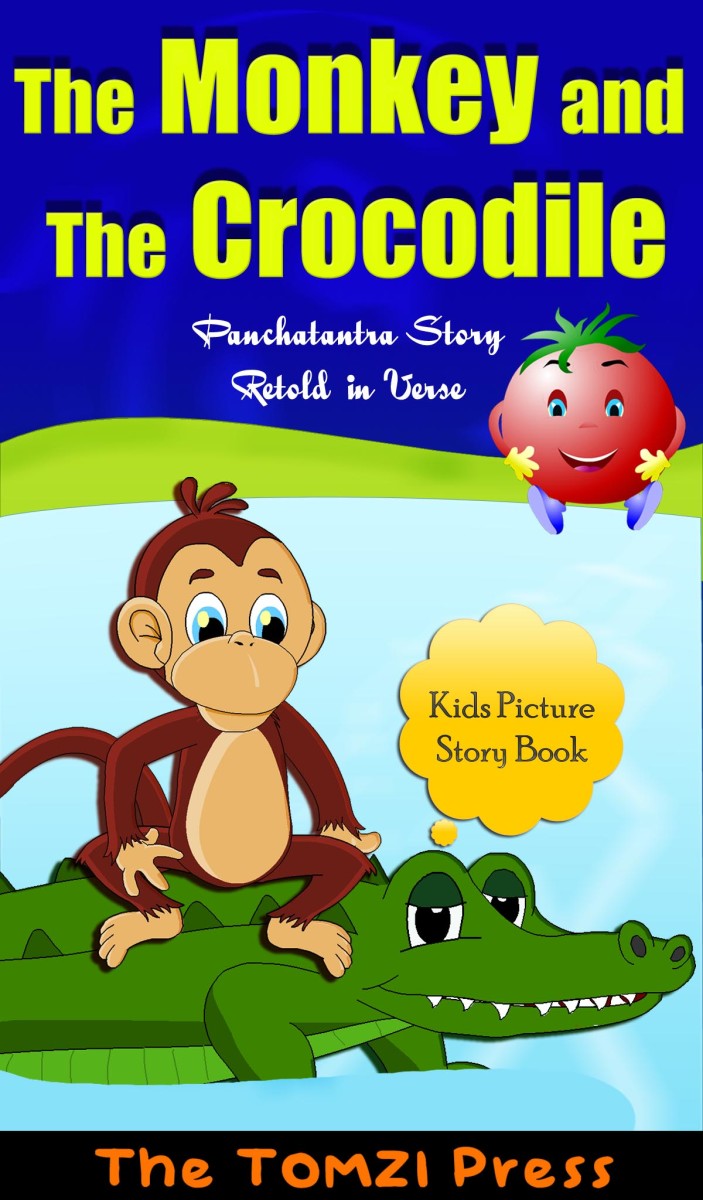How does Domestic Violence Abuse Affect Children?
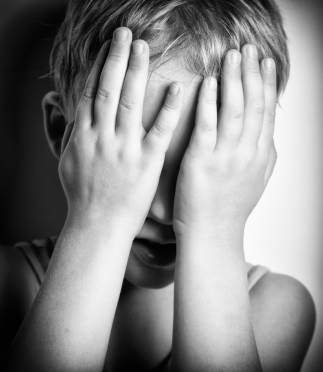
Did you ever witness Domestic Violence as a child?
The Awful Truth
Being in a Domestic Violent relationship is obviously very traumatic for the victim, but it is equally as traumatic for the children who are living in the same household.
Some victims genuinely think that the abuse has no effect on their child because it does not take place directly in front of them, some also believe that their children don't even know that the Domestic abuse is even happening.
However in the majority of homes where Domestic Violence is taking place, the children will be aware of it and will often see or hear it going on.
750,000 children witness Domestic Violence every year, and in some cases the children will suffer some form of abuse themselves.
The Ways in which your Child can witness Domestic Violence/Abuse?
1. Even if the child is in another room, they can still hear the Domestic taking place.
2. Your child will pick up on the tense atmosphere in the home.
3. The Child will notice the effects the violence is having on their parent.
4. The Child could see the physical injuries caused by a recent domestic.
5. The Child could visibly witness the violence taking place.
6. In some situations the Child can find themselves caught in the middle of a domestic, usually when trying to stop the violence in an attempt to protect their parent.
7. In some cases the Child can be forced to take part in verbally abusing the other parent.
How will Domestic Violence/Abuse effect the Child?
All Children react differently to Domestic Violence. In some cases the children themselves are being abused in some way.
Witnessing the violence is extremely damaging to the child and they can often develop stress related illnesses. Some children loose all their confidence and become afraid, often blaming themselves for the violence.
Other children will copy the violent behaviour they have witnessed at home, sometimes in to their adulthood. In a home where Domestic Violence is taking place, the atmosphere will usually be very tense and this could unsettle the child making them feel insecure, alone, frightened, powerless or confused.
The child may also display a lot of anger towards the abuser, and possibly the non abusive parent for not trying to stop it. Children don't understand why violence happens or the reasons why the other parent continues to stay, which makes the situation all the more confusing to them.
Some Common effects that Domestic Violence has on Children
1. The Child may behave younger than they actually are.
2. They wont invite friends back home, out of shame and/or fear of what their friends might see.
3. They may start to wet the bed.
4. They may become very distressed and stop communicating.
5. Their school attendance may drop as some children are afraid to leave the abused parent alone.
6. They may have trouble sleeping which causes lack of concentration during the day.
7. They may be angry with themselves believing that the violence is in someway their fault, or that they should be able to stop it and protect their abused parent.
8. They may become anxious or depressed.
9. They may have a lowered sense of self worth.
10. They may complain of physical symptoms such as stomach ache and headache.
11. They may have temper tantrums and become aggressive.
12. They may have nightmares and/or flashbacks.
13. They may have problems at school.
14. They may become clingy to the abused parent.
In mostly Older Children
15. They may develop a eating disorder.
16. They may begin to self harm.
17. They may start to use drugs and/or alcohol to block out the pain.
18. They may suffer difficulties in their own relationships and friendships.
19. They may become very rebellious and use violence to seek attention.
20. They may drop out of school early or play truant a lot.
Statistics on Children involved in Domestic Violence
1. At least 750,000 Children witness Domestic Violence every year.
2. In 75% to 90% of recorded cases of Domestic Violence, the children are in the same or the next room.
3. Children who witness Domestic Violence are at an increased risk of behavioural problems, emotional trauma, or mental health difficulties in their adult life.
4. 30% to 66% of Children living in a Domestic Violent home are also being physicaly abused.
5. 70% of Children living in refuges have been abused by their Father.
6. Nearly three quarters of Children on the 'At Risk Register' live in households where Domestic Violence is present.
7. 52% of Child protection cases involves Domestic Violence.
8. In a study of 200 women's experiences of Domestic Violence, commissioned by Woman's Aid, 60% of the women had left their abusive partner because they feared that themselves or their children would be killed by the perpetrator.
9. Twenty-nine children in thirteen families were killed between 1994 and 2004 as a result of contact arrangements in England and Wales, Ten of these deaths were since 2002.

Are You Living in a Domestic Violent Home??
view quiz statistics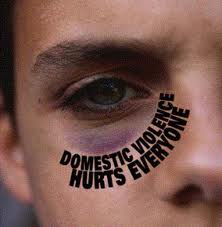
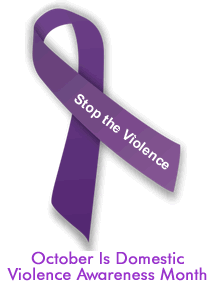
What To Do If The Child Becomes Violent?
In some cases children will mimic the violent aggressive behavior that they have witnessed in their home. Sometimes the child may become aggressive or abusive towards you or their siblings.
Some women are abused by both their partners and their children either at the same time or subsequently. Boys in particular may copy their Fathers behaviour, or they may be afraid that they will turn out like him.
Finding a group where your child can learn to control their aggression and violent behaviour is also a good thing, your Doctor or local children's centre should be able to advise you on these kind of activities in your area.
Counselling and behavioural therapy are also a good way for your child to express the way they are feeling and also for them to understand why they are feeling this way, you can get a referral from your GP.
Some schools also offer a councillor programme so it may be worth speaking to the school about your concerns. Violent behaviour may only be temporary but if it is an on going thing then you need to do something to protect yourself and other children in the family.
When a teenage child becomes violent it is particularly worrying as they are nearer to adulthood. With a younger child the behavior has a lot more chance of being changed with the help of professionals.
Teenagers are also a lot bigger and stronger which makes it all the more intimidating for a woman or younger child. The best thing to do if you are experiencing violence from your child is to seek the right help for both yourself and the child them self.
You may decide to phone Social services who can offer you family support. If your child is over the age of sixteen and increasingly violent and abusive to you and other members of the household then you need to take steps to protect you all.
Although many parents don't wish to do this, you do have the right to evict your Teenager from your home, and it is Social Services responsibility to carry out a needs assessment under the Children's Act 1989. If they refuse to help then ask them to put it in writing and then contact www.childrenslegalcentre.com where they can help you further.
Remember if your child has become increasingly violent and abusive, this does not make you a bad parent, in fact the best thing you can do as a concerned parent is to seek help for your child.
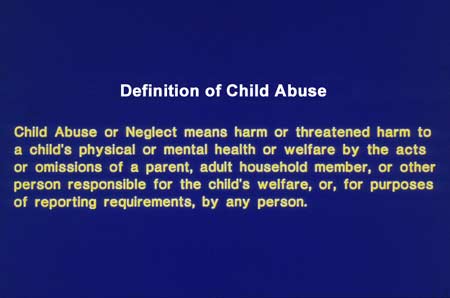
What Should I Do If My Child Is Being Abused?
When one parent abuses the other they do not necessarily abuse the children too, however some do and if you believe that your child is being abused either currently or previously then you need to first speak to your child and then take appropriate steps to protect them.
In so many cases, the parent is scared to seek help for their child believing that the child will be taken away from them. Whilst it is true that Social Services will want to ensure your child's safety, they will not remove the child from the family home if they can work with you to ensure your child remains safe.
If your child is at risk of further abuse, for instance if you still live with the abuser or your child has regular contact with them, then you need to protect your child from further harm.
You can contact your local Woman's Aid Organisation, or phone the Freephone 24hr National Domestic Violence Helpline on 0808 2000 247, You can also phone Social Services or NSPCC among others.
How can you Help your Child?
1. Listen Carefully and let your Child tell you what has been happening in their own time.
2. Show your child that you are concerned for them.
3. Tell your Child that they are very brave to tell you about it all.
4. Reassure your Child that they are not to blame for the abuse, and that they are not responsible for adult behaviour.
5. Stay calm and try not to let your Child see how shocked or angry you are.
Although some parents and Children use silence or denial to cope with the abuse, Children normaly appreciate an opportunity to acknowledge the violence and talk about their thoughts and feelings.
If the child is wanting to talk then it is important that you give them the opportunity to express themselves. Other ways to encourage younger children to express themselves is to help them write a Diary or draw/paint what they are feeling.
It is important to listen to them in a warm, non judgemental and genuine manner as this can be very comforting to the child and may be an important first step in their seeking further support as they get older.
Remember to be honest with your child and explain to them that violence is wrong and does not solve problems. A useful website for Children coping with Domestic Violence is a website called www.thehideout.org.uk this site includes a story of children living with Domestic Violence along with a quiz and lots of other relevant information and advice.
Some parents genuinely believe that it is in the best interest of their child to have both parents living in the family home, i hope this article has shown that this is clearly not the case.
Children will feel more secure, settled and happy with one parent in a stable environment than with two parents where the environment is unstable and violent.



